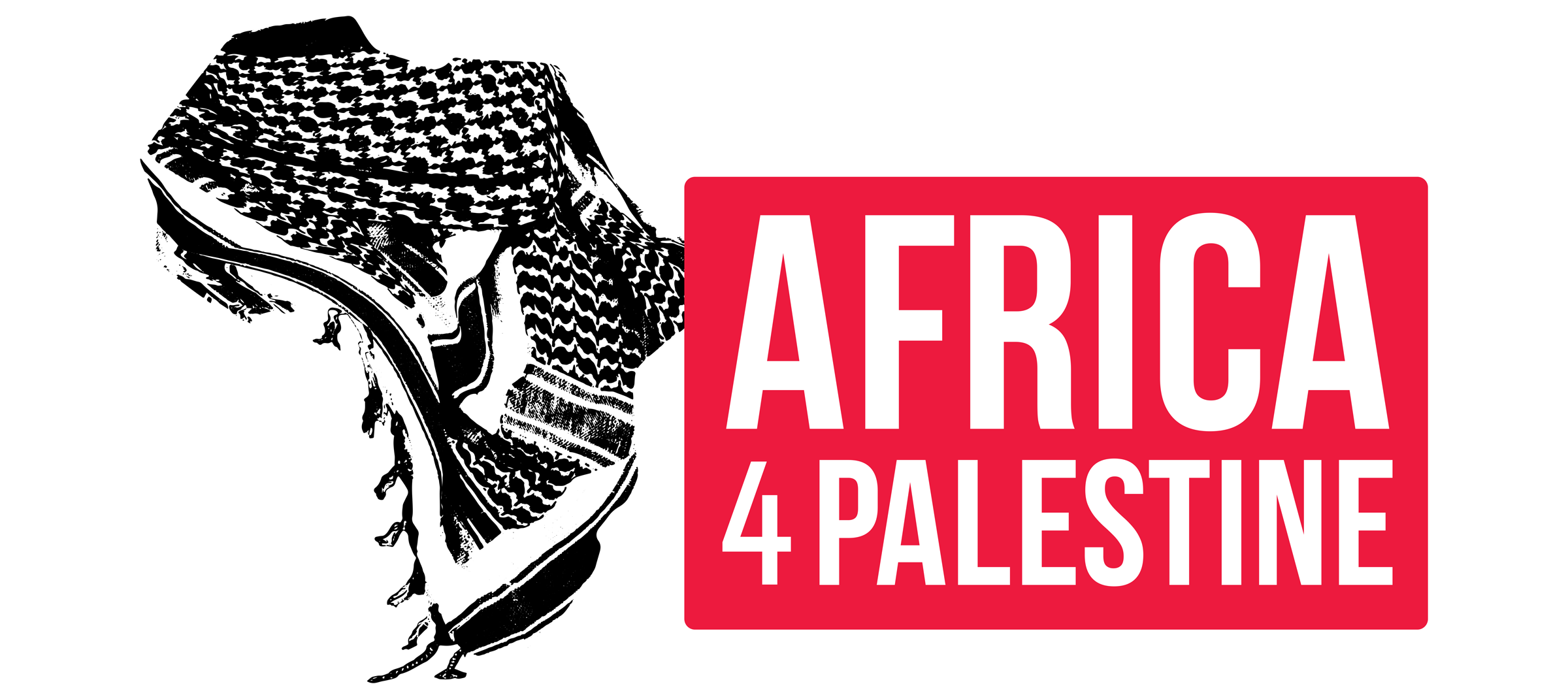“KEEPING QUESTIONABLE COMPANY – WOOLWORTHS UNDER FIRE”
Kwara Kekana (BDS South Africa Spokesperson)
12 August 2015, Star Newspaper
[A shorter version of this article was originally published in this morning’s Star Newspaper as well as its sister papers The Mercury, Pretoria News amongst other titles.]
Its exactly 10 years since Palestinians, inspired by the successful boycott of Apartheid South Africa, issued their own call for boycotts, divestments and sanctions (BDS) to be applied against Israel till it ends its human rights violations and contraventions of international law.
A potent combination of principled leadership from the Palestinians, active involvement by progressive Israelis and support from people of the world has seen the BDS boycott of Israel transform from mere student discussion to a formidable movement spanning hundreds of countries and attracting not only the attention but also anger of the Israeli regime.
Israel’s attitude towards BDS can be captured, according to UK writer Asa Winstanley, in Mahatma Gandhi’s old dictum: first they ignore you, then they ridicule you, then they fight you … then you win.” We are currently in the fighting phase: two months back Prime Minister Benjamin Netanyahu appointed Gilad Erdan as Israel’s “Anti-BDS Minister”. Netanyahu has also set aside, for 2015 alone, 100 million dollars to combat the BDS movement, which Israeli leaders have now termed the number one strategic threat currently facing the Israeli regime.
And there is real reason to be worried. The United Nations Conference on Trade and Development (UNCTAD) reported two months back that Foreign Direct investment (FDI) in Israel has dropped by almost 50% in comparison to the year before. One of the primary reasons for the drop, authors of the report have indicated, is due to the boycott against Israel.
To achieve its successes the BDS movement employs various strategic and thought-out tactics. We work with students to advance the academic boycott, meet with businesses to drop Israeli-linked companies, lobby government ministers and officials to impose state sanctions, write to artists urging them to cancel Israeli gigs, become shareholders to push for divestment resolutions and use the courts to hold accountable those involved in the Israeli military.
Introducing the #BoycottWoolworths Campaign
In South Africa the BDS movement has set its sight on Woolworths for the consumer arm of our campaigns. Due to its trade with Israel, in mostly agricultural produce, Woolworths is currently facing the largest consumer boycott South Africa has seen since the end of Apartheid.
The #BoycottWoolworths campaign (as its been dubbed) has received wide spread attention and support from various South African Government Ministers, artists, well known personalities and anti-apartheid stalwarts. A growing group of Woolworths shareholders have also begun to back the #BoycottWoolworths campaign.
Why start with Woolworths?
Several retailers in South Africa have some sort of trade relationship with Israel. Boycotting all of them at the same time is not a feasible so we focus our campaigns and move from one target to another as we reach our goals. Similar to the 1980s anti-apartheid movement, the BDS movement selects targets and campaigns, including consumer boycott campaigns, after careful analysis and strategic considerations.
We chose Woolworths (for our consumer boycott) for various reasons including, firstly, that Israeli agricultural companies are the main beneficiaries and directly complicit in the Israeli occupation of Palestinian lands and theft of natural resources. According to the human rights organization, Who Profits, almost all of Israel’s agricultural companies have illegal operations or dealings in the Occupied Palestinian Territories.
Woolworths will try to claim that none of their individual cherries or pomegranates come from the illegal Israeli settlements, however, the problem is not with the individual cherry or pomegranate. The problem is with the Israeli supplier as a whole. While the individual Woolworths cherry may not come from an illegal Israeli settlement, the supplier in all likelihood according to various reports, has activities in the settlements making the supplier and Woolworths guilty of violating international law.
In addition, it is well documented that Israeli agricultural companies are using Israel’s main water supplier Mekorot which has illegal activities in the illegal Israeli settlements. Woolworths is aware of this but has failed to clarify whether any of its Israeli produce come from companies that use Mekorot.
An ethical company? What is WW hiding?
An additional reason the BDS movement is starting with Woolworths for our consumer boycott is because Woolworths sells itself as an “ethical company” that sources responsibly. Surely the ethics that Woolworths claims to support include not trading with companies of a country like Israel that routinely abuses human rights, regardless of settlement activity? The latter (dealing with Israeli companies with links to illegal settlements) is a legal issue, the former (dealing with Israeli companies regardless of settlement ties) is an ethical issue. The #BoycottWoolworths campaign is calling on the company to respect the Palestinian boycott of Israel, take the lead, end its trade relations with Israel and set an example for other South African retailers when it comes to ethical sourcing, human rights, international law and good business journey practices.
It was sadly evident that Woolworths had not conducted its own thorough investigations into its Israeli suppliers and links to Israeli settlements, so BDS SA took it upon itself to furnish Woolworths with our own report. We are in the process of finalizing that document, however, to date the company has refused to furnish the names of its Israeli suppliers so that thorough traceability investigations can be carried out. If Woolworths is so confident in its position then it should have no issue with furnishing this information. Woolworths is failing in being transparent in respect of its sourcing of Israeli products.
Going beyond the minimum – what we would expect from WW
In some instances Woolworths proceeds beyond what is required in terms of law and Government policy in order to be a better and more ethical and responsible company. An example is Woolworths’ decision in terms of its Good Food Journey to reformulate many of its recipes to reduce the salt content in its foods. It is disappointing that the displacement and oppression of people do not feature as sufficiently important for Woolworths to change a very small percentage of its suppliers (amounting to 0.1% of sales) to ensure that it does not trade in compromised products.
The bigger worry however, is that it would seem that Woolworths is not interested in aligning itself with human rights and ethical, responsible business practices. Woolworths has tried to suggest that it is following government policy. Firstly, its a rather weak argument that because South Africa may have certain relations with Israel (for example embassies) that therefore we should not boycott Israel. This is a disingenuous, for our own history is the perfect response to this excuse by Woolworths to do the right thing. During the 1980s many countries had embassies in South Africa yet the ANC and the larger liberation struggle still called on companies of those countries to impose boycotts.
Secondly, while no official sanctions have as yet been imposed by the South African Government, there is a case that in word and deed South Africa is discouraging relations with Israel. Our government has warned that “because of the treatment and policies of Israel towards the Palestinian people, we strongly discourage South Africans from going there”. In 2013, International Relations Minister Miate Nkoana-Mashabane said that “Palestinians had asked us in formal meetings to not engage with the [Israeli] regime…we have [therefore] agreed to slow down and curtail senior leadership contact with that regime until things begin to look better”. The claim that the Palestinians have not called on South Africans or the South African Government to support the boycott of Israel is false. The Palestinian Embassy, for example, issued a strongly worded statement against media claims that President Abbas on his visit to the country opposed the BDS movement.
Besides, government policy is the minimum that a company —especially Woolworths— should respect; we would expect a company such as Woolworths to go beyond the minimum when it comes to respecting human rights and the wishes of consumers. If Woolworths was a company based in, say, the UK, during apartheid, would Woolworths have adopted the position that it is “apolitical” (as it has done regarding Israel)? Would Woolworths not have respected the South African liberation struggle’s call for a boycott of Apartheid South African goods (regardless of whether the UK Government had officially called for that boycott or not)?
In a statement issued last year, Woolworths defended its sourcing of products from Israeli companies stating that it “has no political affiliations.” Imagine buying from Apartheid during the 1980s and claiming to be “apolitical”. Archbishop Desmond Tutu has famously said: “If you are neutral in situations of injustice, you have chosen the side of the oppressor.”
Impact of #BoycottWoolworths campaign
The company’s indifference to human rights and ethics is costing Woolworths. According to a report by a Wits University researcher, the #BoycottWoolworths campaign has had an impact of, at least, 8 million Rands a month. Woolworths tries to downplay the impact of the boycott but it is behaving a bit like a political party when it looses elections. The political party may celebrate that it won 20% (which may have been an increase from the previous year) however the political party fails to make known that it had publicly aimed for 30%.
In its June mid-year trade update, Woolworths claimed that its sales have increased, however, the company fails to make known that its sales increased less than what it had anticipated. Reuters reports that Woolworths sales grew by 12 percent which is “slower than a year ago”, reflecting, according to the Business Day “slack consumer spending in its mainstay South African market.”
In addition, last year, for the first time in years, both the like-for-like food sales volume was negative and the like-for-like clothing sales volume was negative. The retailer’s domestic food sales for the 20 weeks to November 16 advanced 4% less than the comparable period of 2013. Clothing sales growth slowed by 2,2% from a year earlier. Woolworths must be honest when it reports its financials, focusing on the gains does not answer for loses. Losses which, it is argued, are attributed to the #BoycottWoolworths campaign.
Woolworths should consider advise of Archbishop Tutu
The relatively small Woolworths trade value of 12 million rands with Israel is precisely why the movement decided to start with the #BoycottWoolworths campaign – 0,1% sales should make it easier, not difficult, for Woolworths to do the right thing, end trade with Israel, buy local and be more ethical.
It would be prudent for an self-defined ethical company on a so called good business journey to seriously consider the advice of our Nobel Prize Winner, Archbishop Tutu: “The withdrawal of trade with South Africa by multinational corporations with a conscience in the 1980s was ultimately one of the key levers that brought the apartheid state – bloodlessly – to its knees. Those corporations understood that by contributing to South Africa’s economy, they were contributing to the retention of an unjust status quo…those who continue to do business with Israel, who contribute to a sense of “normalcy” in Israeli society, are doing the people of Israel and Palestine a disservice. They are contributing to the perpetuation of a profoundly unjust status quo.”





